Diminished Value: Contract or Tort
If your vehicle has been damaged in an accident and subsequently repaired, then in most cases it has suffered some inherent diminished value.
The informed accident victim may attempt to seek recovery for the cash value of the diminishment, and in some cases they completely have the right to recover diminished value, but in other situations Diminished Value is not a payment for which they can receive compensation.
In the title of this article, you see the terms contract and tort. These terms are extremely important to understand as they relate to diminished value.
In most States of the U.S. (Georgia being the prime exception), there is no contractual coverage for diminished value, but in every State there is coverage for the tort of diminished value.
Now, I do not want to patronize my readers, but it seems that the difference between contract and tort is not such a simple concept to grasp. If you totally get it, then this article is not for you, but if you are still wondering how to figure out if you have a contract issue or a tort issue, then read on my friend.
First of all, a contract is between two parties and requires the signature of both parties.
You cannot create a contract by being involved in an accident. If you purchased a policy from an agent, online or by making a telephone call, then you made a contract. Unless you live in Georgia, South Carolina, Colorado, Washington, Oregon, and a few other places, you cannot collect diminished value from your insurance policy – maybe from Uninsured Motorists coverage. Read about
A tort is a civil wrong.
It means that somebody was negligent and caused damages for which they are now responsible. You can indeed create a tort by being involved in an accident. If someone failed to timely apply their brakes and rear ended you, then they were negligent and are liable to you for the damages their negligence caused. If that negligent party purchased insurance for their automobile and their liability, then their insurance should pay for their legal liability to you (including your diminished value claim).
So if someone created a tort against you, then the contract that they purchased will cover the tort liability.
Get it?
You are a third party to the contract that the tortfeasor (negligent party) has with his/her insurance. This is where the third-party / first party terminology comes into play. If you research our site and read all about first party and third party coverages as they relate to diminished value, you can refer back to this article and determine the difference as it relates to your specific case.
To briefly recap…
CONTRACTS
- If you are filing a claim against a policy that you purchased, you are a first party to the contract and will most likely be unable to collect for diminished value with certain exceptions (uninsured motorists coverage will probably pay for diminished value, and in a few States in the U.S. the courts allow for first party diminished value recovery).
TORTS
- If you are filing a claim against someone else’s insurance policy because that person was negligent, then you are third party to the contract, and you are entitled to recover diminished value.
I hope this has given a little clarity on the first party / third party confusion. If it doesn’t clear it up for you, contact our office and ask away!

